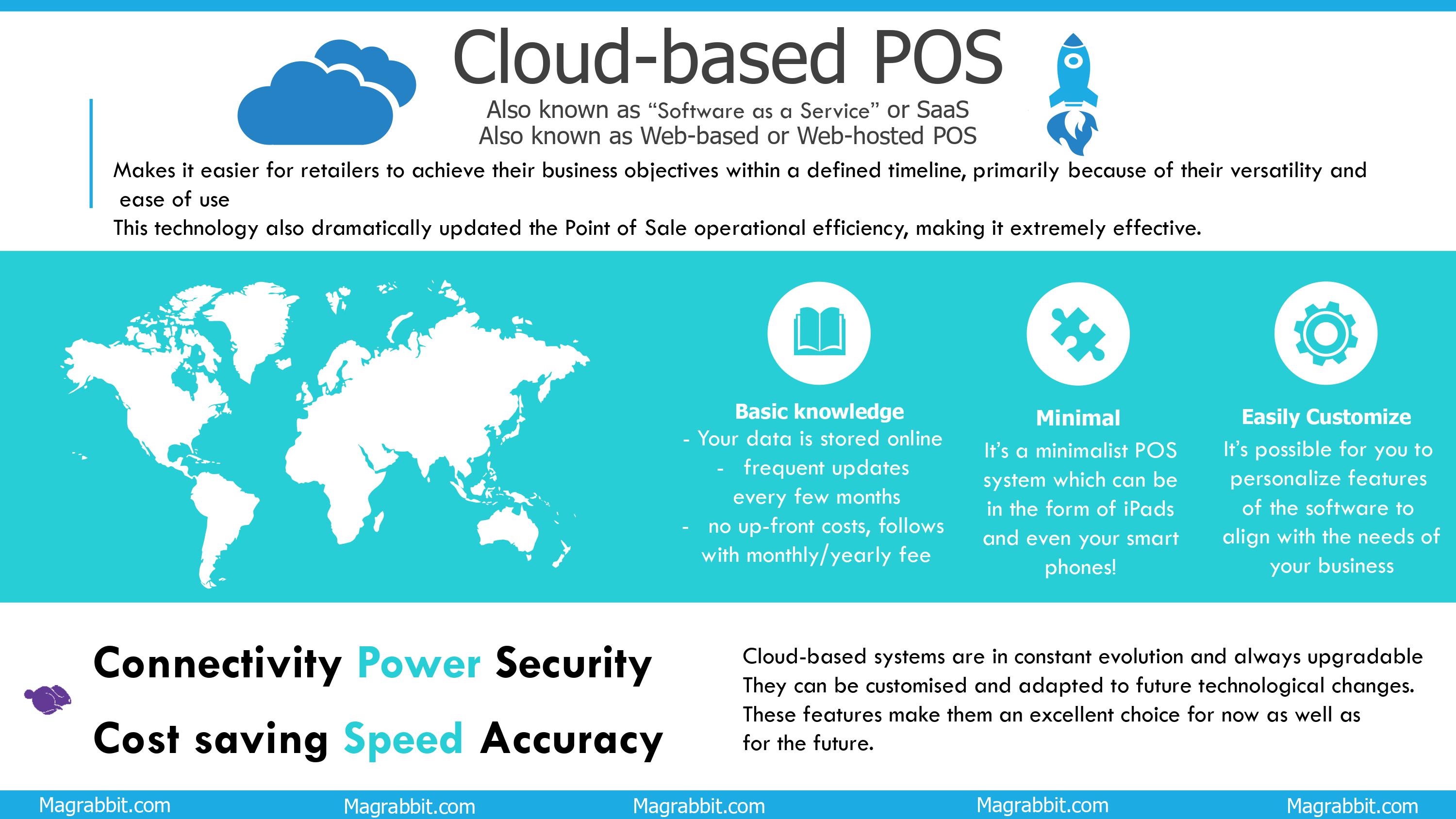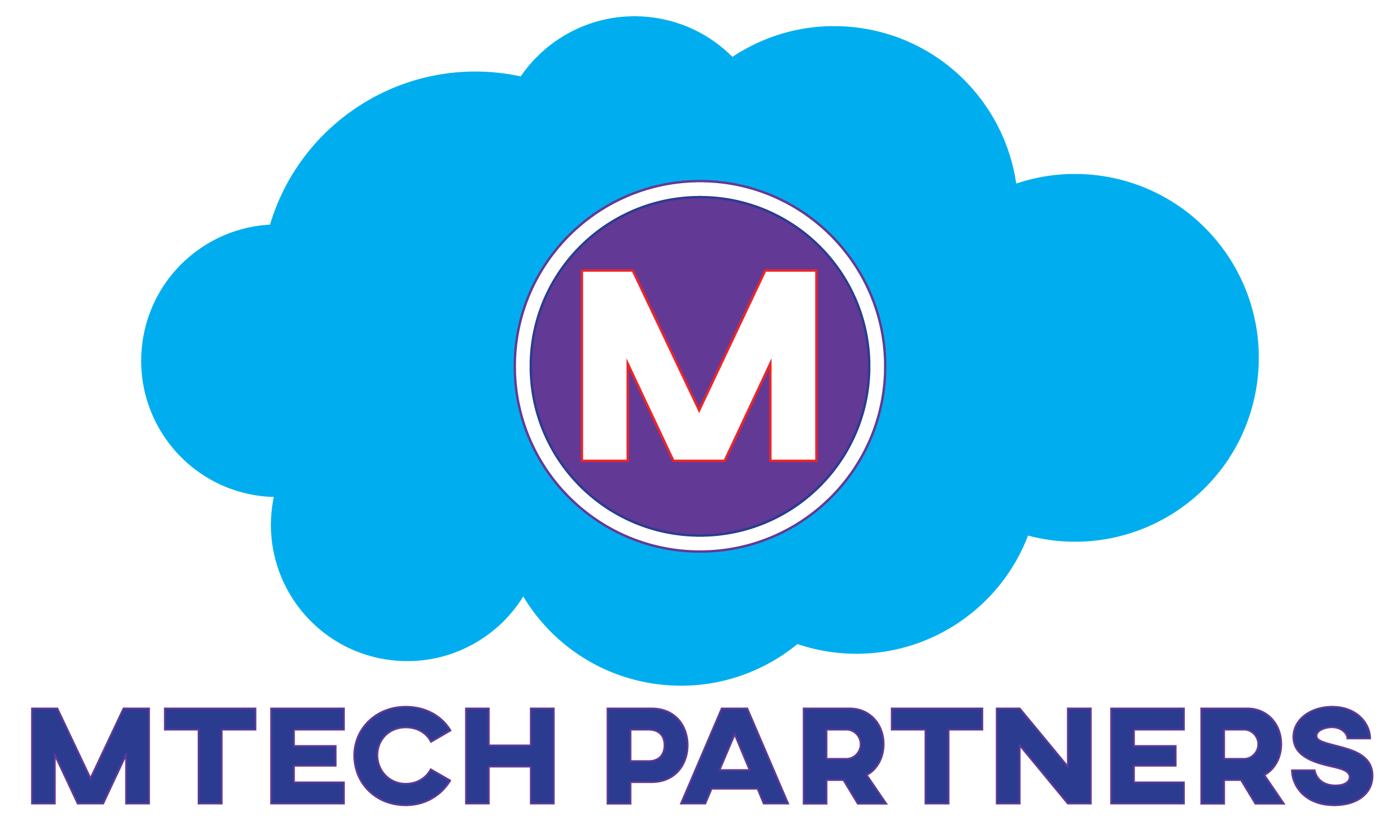
folder_open Application Development
Cloud-based Introduction
Introduction
Not long ago, most companies store their POS data locally. This data would be usually held on an on-site PC or server, or perhaps a server on a private company network in the case of large retail chains. In the case of large retail chains, this data will usually be stored on an on-site PC or server, or maybe a server on a private company and network. Nowadays, most companies’ tools are online, and the natural progression to cloud-based POS systems has taken place. Why cloud POS? What is it and how is it different from locally hosted POS systems? The following details may answer all your questions.

What is a Cloud-based POS?
Cloud-based POS has many names, people used to call it SaaS (Software as a Service), Web-based, Web-hosted. Often, cloud-based POS systems are referred to as POS applications (apps) rather than software since they are often used on mobile devices, and it is also known as EPOS (Mobile Point Of Sale) to reflect the fact that the app is running on electronic devices.
“Cloud” is actually a metaphor of the Internet – The World Wide Web – Online.
“Cloud-based” means online storage.
Data stored in the “Cloud” is actually stored on servers provided by a cloud computing provider.
Providers of cloud POS manage data storage services for you.
Because the data is stored on the Internet servers of the POS provider, a cloud-based POS system will typically operate when there is an Internet connection, while providers that provide some of the offline features to minimize potential customer service disruption.
Next article to compare Cloud-based and traditional POS: click here!
Contact:
+1 (512) 485 1083
info@magrabbit.com
sales@magrabbit.com
Compiled from several sources
